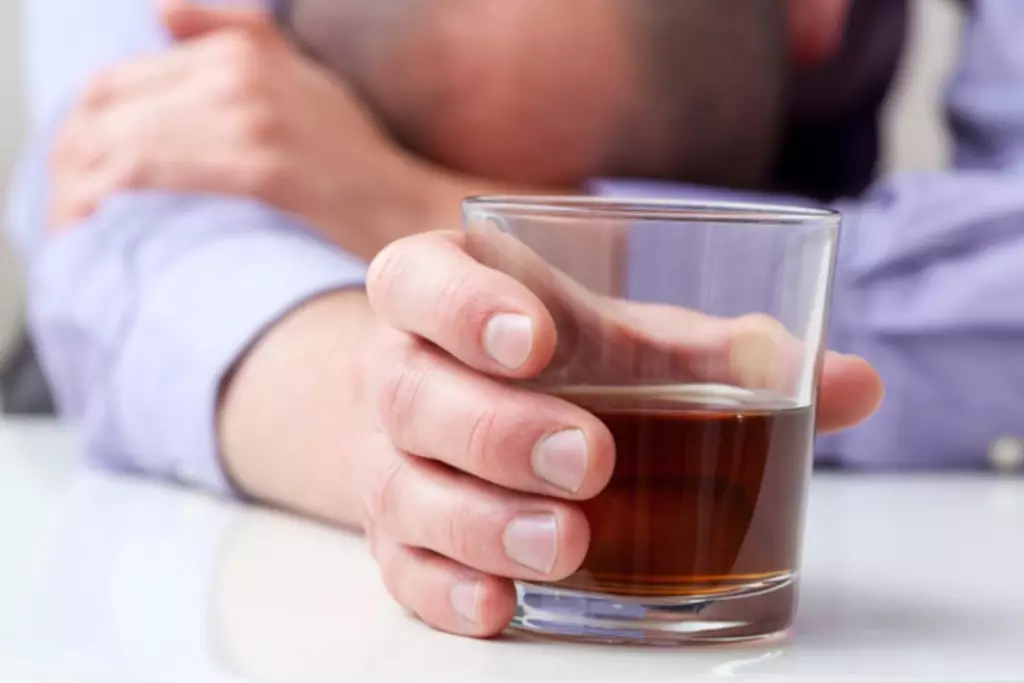Mindfulness Techniques from DBT for Addiction Recovery

This can create a stable environment that fosters sobriety and minimizes impulsive behaviors. Ensuring that daily activities include safe spaces and supportive individuals can help further reduce exposure to triggers, promoting a healthier lifestyle overall. A high-risk situation involves stress that may push a person to want to use drugs or alcohol again.
The Benefits of Experiential Therapies in Addiction Recovery
- Scheduling can also get stressful, as patients in treatment or aftercare may think about skipping therapy or support group meetings to attend family events they consider obligatory.
- In the journey towards recovery from addiction, understanding triggers is pivotal.
- Developing a support network, including therapists, support groups, or trusted friends, is vital.
- Significant dates, holidays, or routines that involve substance use are additional external triggers.
- Internal triggers are emotions, feelings, thoughts, and memories that make the person want to use alcohol or drugs.
- Dealing with mental relapse and understanding emotional relapse involves a constant internal battle between abstinence and temptation.
For example, reassurance that help seeking for gambling would not necessarily mean automatic security clearance removal. Case studies illustrating examples of “success stories” (P13) based on individuals who have sought support, as well as more negative ones around those who chose not to were additionally suggested. Others had witnessed extreme situations in the military whereby individuals’ gambling had escalated to the point of stealing from fellow personnel and senior officers.

Mental Health and Loneliness
Instead of viewing setbacks as defeats, individuals should see them as part of the recovery process. Celebrating small victories along the way and embracing each experience as an opportunity for growth can foster a resilient mindset. Structured routines around sleep, exercise, and nutritious eating help stabilize mood, improve energy levels, Alcoholics Anonymous and reduce stress—all factors that can influence relapse. Implementing medication-assisted treatment often requires medical supervision, and it is most effective when integrated with therapy, support groups, and ongoing monitoring.
- These groups provide a platform for sharing experiences and strategies for coping with triggers.
- Identifying a relapse trigger, and learning how to deal with it, is an important step in the relapse prevention process.
Addiction and Mental Health Treatment Programs
This article explores effective strategies, practical techniques, and resources that can help individuals build a robust toolkit for ongoing sobriety, emphasizing the importance of holistic and personalized approaches. Developing a personalized, comprehensive recovery plan is essential for maintaining sobriety over time. Such plans should include identifying personal triggers, establishing coping strategies, and leveraging support systems like therapy, support groups, and family involvement. A tailored plan addresses individual risk factors and incorporates ongoing education about addiction, relapse warning signs, and self-care practices. Regular reassessment and adjustment of the plan keep it responsive to internal triggers evolving needs, minimizing the risk of relapse.

The benefits of gender-specific treatment programs
- Using drugs or alcohol over a long period builds associations between your daily routine and your experiences.
- Practicing persistence can involve setting small, achievable goals, celebrating minor victories, and maintaining hope during difficult times.
- In recovery, cravings are having a strong desire to use substances or get high.
Medications like Naltrexone for alcohol addiction or Buprenorphine for opioids can provide essential support. The combination of therapy, a structured treatment plan, and possible medication aids individuals in effectively https://ecosoberhouse.com/ managing their triggers, ultimately reducing the risk of relapse. This process often involves reflecting on past experiences to pinpoint exact moments or scenarios that have created a desire to use drugs or alcohol. Recovery from addiction is a complex journey that requires more than just abstaining from substances. Developing healthy coping mechanisms is essential for managing stress, preventing relapse, and fostering emotional resilience.
- The important thing is to recognize situations that cause stress and prepare strategies to mitigate it.
- Understanding the various treatment modalities available—psychological, pharmacological, and technological—provides a comprehensive approach to relapse prevention.
- When you choose to get treatment at North Georgia Recovery Center, you can rest assured knowing that you will be treated by licensed therapists in our state-of-the-art facilities.
- Additionally, tools such as relapse prevention plans—where triggers are identified and alternative responses are developed—play a crucial role.
